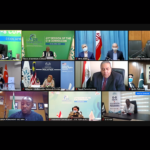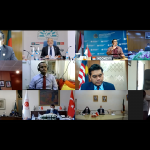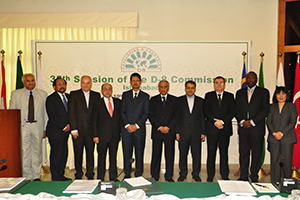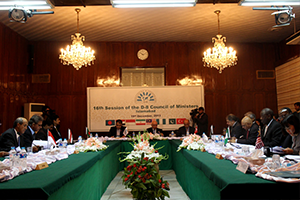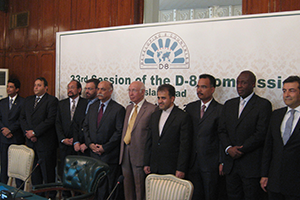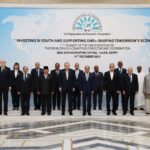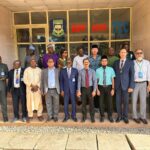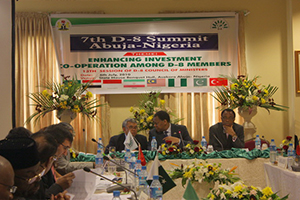
The 7th Summit of the Group of 8 (D-8) started here on Sunday with the meeting of D-8 Commissioners in this capital city of Nigeria, Abuja.
The 28th session of the Commissioners’ two-day meeting at the State House Banquet Hall in Asokoro, here, is attended by senior officials and technocrats appointed by the Foreign Affairs Ministry of each member country.
As the executive organ within the D-8, the Commissioners will implement the resolutions and roles assigned to each member state.
On Tuesday, the D-8 Foreign Ministers will attend the 13th Session of the D-8 Council of Foreign Ministers at the same venue.
The heads of government are scheduled to arrive for the summit the next day. The Summit culminates on July 8 when the heads of government discuss and adopt the report of the 13th Session of D-8 Council of Foreign Ministers.
They are also expected to endorse the Offer List of D-8 Preferential Trade Agreement as well as discuss and adopt the Abuja Declaration at the end of the summit.
The Abuja Declaration is expected to address issues that could mitigate the challenges facing the D-8 member countries including global economic recession, energy, climate change and global warming because these issues affected agriculture and food security as well as transportation in the world trade.
At the peak of the biannual Summit, the Malaysian Deputy Prime Minister, Tan Sri Muhyiddin Yassin, is expected to hand over the D-8 Chairmanship which is held by Malaysia since 2008 to the President of Nigeria, Goodluck Jonathan.
The theme for this summit is “Enhancing Investment Cooperation Among D-8 Members”. The summit also involves the private sectors apart from the D-8 Heads of State and Government, Foreign Ministers and bureaucrats.
The Summit aims to reinforce the economic cooperation among member countries through the sharing of expertise in the fields of energy, transport, tourism, banking, financial institution, infrastructure development, human resources development, science and technology, migrant workers and remittances, small and medium scale enterprises as well as information and communication technology.
It is also to boost the participation of member states in the decision-making process at the international level.
Among the important agenda of the summit would be the D-8 Roadmap for Economic Cooperation (2008-2018).
The roadmap, which was endorsed during the Kuala Lumpur Summit in 2008, is aimed at encouraging greater economic cooperation among member states and to assist in mobilising resources from governmental and private sectors in implementing D-8 projects.
Source: BERNAMA, D-8 Media.










